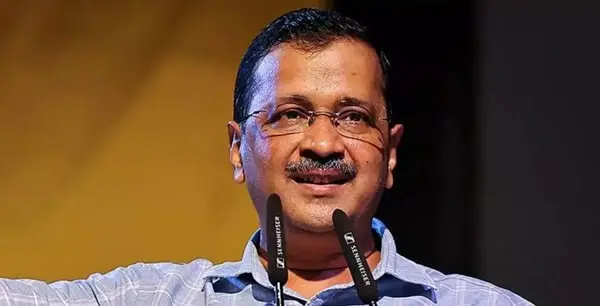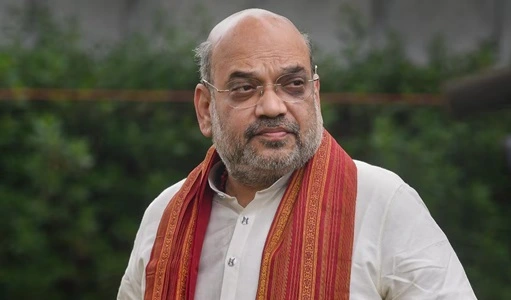Delhi Chief Minister Arvind Kejriwal is back in the eye of the storm, be it legal or political, as the latest news comes that the Enforcement Directorate (ED) has now stepped up its probe against him in the excise policy case. This news, therefore, sought to bring readers up to date with events by focusing on those that had taken place over a dates-specific period, in enough detail to give a good overall picture of the situation.

The latest summons: The ED has summoned 55-year-old Aam Aadmi Party (AAP) leader Arvind Kejriwal on the 21st of this month in connection with the money laundering case linked to the excise policy of Delhi. This calling points out the ninth time the ED in which they have tried to get Kejriwal in for questioning under the Prevention of Money Laundering Act (PMLA).
Background of Non-compliance: Kejriwal, again and again, raised questions of the legality of the summonses by the ED—himself not to talk of his government pursuing it legally. His non-compliance had landed him into a legal matter, wherein a Delhi court has given him bail in the case of not responding to six out of eight summonses against him in this case.
Broader Implications: The repeated questioning of Kejriwal by the ED has drawn sharp political debates. The AAP sees these as politically motivated moves to derail the leadership of Kejriwal and the momentum of the party before important electoral battles.
AAP’s Reaction: The party has rallied behind its leader and criticized ED’s actions as highhanded and unprovoked. AAP leader Atishi said that there is a concern about the timing and the nature of these notices, which points out to be a part of a bigger plan to derail the prospects in elections by the party.
Kejriwal’s defiance: Kejriwal, who had from the beginning barely stood up to the legal battles, had merrily maintained a blistering stance against the central government and the ED. He blames the BJP for using the federal agencies for the targeting of the opposition leaders and parties. He says that these actions form a vendetta against the AAP. Kejriwal’s reaction to the summonses was a vow to work in developmental work, like that of the building of schools, which he termed as a silent way of protesting against the ugly tactics done by the central government.

